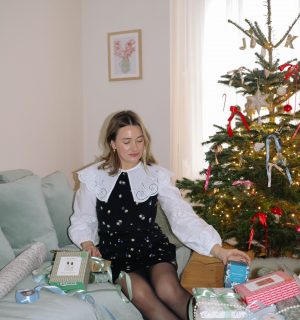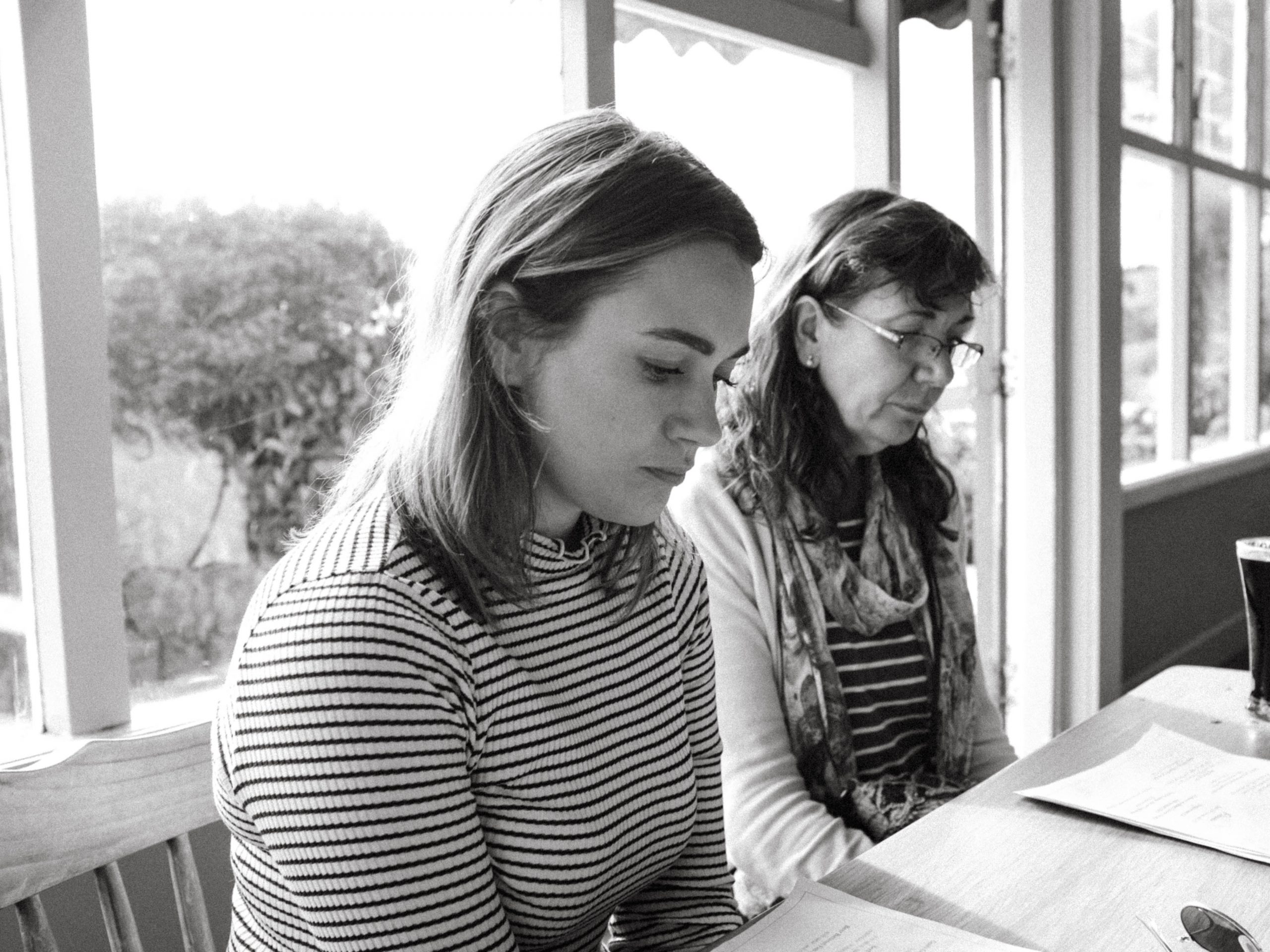

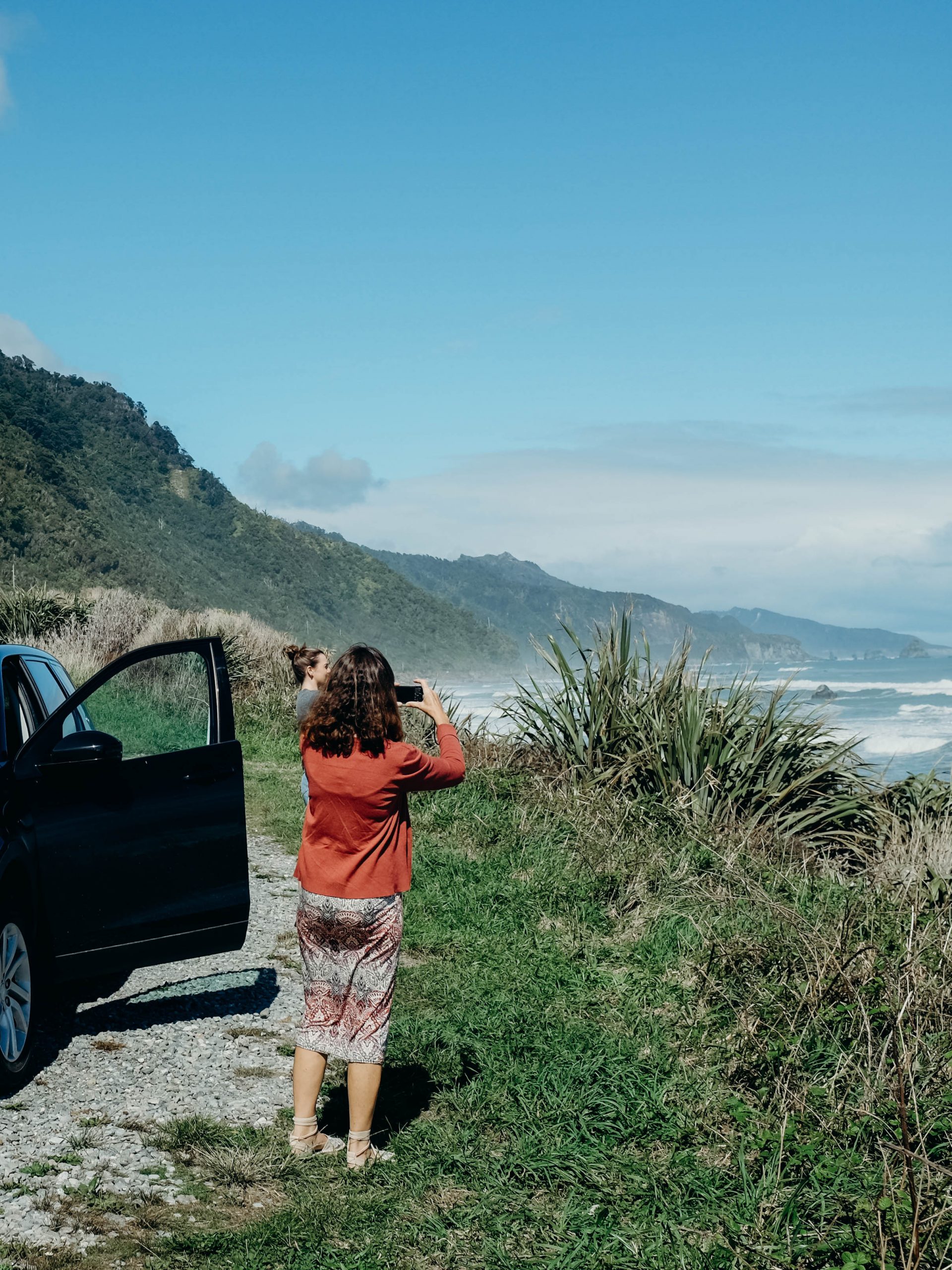
A letter to those who have lost…
This week will be a tough one for so many of us, as Mother’s Day nears and we wonder how (and if) to commemorate such a day. This will be my second Mother’s Day without my mum and I doubt it’ll feel any easier, even though I’ve been through the motions already and I know that it’s just another day to get through.
I have always had a way of remembering dates – they come to me randomly, the numbers forming in my head without me ever having to conjure them. The exact day we moved in to our first house in Scotland. My first boyfriend’s birthday some fifteen years later. The date I met my husband. The last time I saw my mum.
Today, March 9th, marks her birthday, she would have been turning 60 years old. A milestone that serves as a reminder of all that we’ve lost, a wonderful life taken too soon. Next month it will be two years since I last saw her, an airport goodbye followed by two days of travelling from my home in New Zealand, to the place that I belong – my flat in Glasgow, some 18,000 kilometres away. Occasionally, in my darkest moments, I replay those final minutes over and over, imagining them differently every single time.
We had a few airport goodbyes in her final few years, and even before we knew how sick she was, there was always a chance that that farewell could be the last. That is just how it is with goodbyes.
Tackling such a raw and emotionally-charged subject is almost impossible; there are no words to sum up the overwhelming loss I feel each and every day, but since my mum passed away I’ve sought out so many methods in a desperate bid to cope; from meditation to medication, grief counselling and therapy, and the only thing that has stuck is writing. It is the most cathartic way of dealing with the emotions I have swimming around inside my mind, a way of keeping my head above water as I navigate the choppy and often unpredictable waves of grief.
When my mum was deteriorating but still undiagnosed with the illness that would shortly take her life, I would spend hours upon hours reading other people’s stories in the hopes of finding some respite, an answer to a problem that would never be solved. I like to think that this is my way of giving back; paying forward a promise of hope for a more bearable future. I hope these words bring someone comfort, although I’m not sure they really form a coherent understanding of the magnitude of grief.
This post is for the bereaved, the broken; those of us who have lost the person who gave us life, or the person that gave our life purpose. Someone who left too soon and left a hole so vast, it feels like we’ll never be whole again.
In the 16 months since my mum slipped away, I have settled in to a manageable arrangement with grief. It sits with me daily, a lingering feeling that something is missing or lost. A reminder that this motherless version of myself has been reshaped, moulded into something that only vaguely resembles the former me.
The reassuring thing about grief is that it is familiar, you carry it with you everywhere you go. These days it rarely catches me off guard, I have coping methods in place to protect me – but occasionally it will sneak up on me, triggering the emotions I like to keep tucked away. A photo in our family WhatsApp group, a memorable date marked in my diary. A random memory I have not been able to shake away fast enough.
My mum’s illness, Motor Neurone Disease, first took the things we loved about her the most; her voice, her laugh, her spirit. Within a short space of time, the light inside her went out and she was simply, solely trying to survive. She could barely manage more than that. She refused all help, instead choosing to navigate the disease alone – we had no choice but to accept her decision.
There are so many emotions that come with losing a loved one to a terminal illness, but the one I feel the most is guilt. It consumes me, slowly eating away at me despite my best efforts to shelve the impossible “what ifs”. It’s an all too familiar feeling that is the catalyst for many of my other emotions; anxiety, self-destruction, stress. I fear I’ll never be free of it.
When I think of the ways in which I pieced together the puzzle of realising my mum was sick – really sick – it’s like looking at a map pin-pointed with events that slowly led to an achingly painful understanding. Lines of string travelling from the moment I first saw the panic in her eyes as she realised she couldn’t make the muscles in her face work to swallow her food, to the day I realised that her voice had slurred and changed in the time since I’d seen her seven months before.
The process seemed to ebb and flow at the time, sometimes I could compartmentalise it entirely. At home in Glasgow, I continued to communicate with her daily through texts – without the reminder of her loss of speech, she still felt like my same old mum. But the often 8-12month gaps in-between our visits to New Zealand meant the difference in her appearance would suffocate us, a shocking reminder that what we were dealing with was out of our control. Our time left with her was running out, an invisible hourglass hanging over our heads.
My first brush with bereavement was the passing of my beloved mother-in-law, a woman who loved fiercely and had space in her heart for everyone. At the time, my husband Jordan and I weren’t yet married, not even engaged, but I was a part of the family and I cared for her dearly. The end of her life played out in a similar, sorrowful way to my own mother’s death – a long, uncertain illness that meant we never fully grasped the gravity of the situation until it was too late. Her death floored us all, leaving a gaping, inescapable hole in our lives that we’ve spent the last five years trying to tiptoe around.
I was 24 at the time, comfortable in my relationship with Jordan but finding the change in him impossible to understand. For the first three weeks after his mother’s death, he stayed at his parent’s house, caring for his younger siblings and holding the fort in an attempt to keep things ticking over.
I didn’t understand grief at the time; it didn’t make sense to me that it could alter your being so much that you didn’t recognise yourself, or that the person who loved you the most might not be able to see you clearly either. I couldn’t process the knowledge that grief didn’t allow you to think of the bigger picture, that you carried it around with you like an overloaded backpack, micromanaging the time by focusing on the steps immediately in front of you, dealing in minutes and hours rather than days and weeks.
Oddly, during this time I would often look at this man who had been in my life for so many years, and I would feel a subtle sense of envy. It’s hard to admit now, but I remember so clearly thinking that the worst thing that could ever happen to him had already happened, and he had made it through. His mum had died, and there he was. Surviving.
I was so sure the same could not be said for me, whenever the day came when my mum was no longer with us. That I would somehow cease to exist, like there was an unwritten agreement that when she went, so did I.
I didn’t know it at the time, but the actual events would play out only four short years later.
My mum was ill, to our knowledge at least, for two years before she died, and in that time she lived in denial; I do not blame her for this, I cannot fathom how hard it must be to accept and tackle your own slow, unavoidable demise. This was our biggest fear with my mum’s illness, knowing she could go at any time – and yet, we still had to live out our days. To find a way to continue on with our lives, careers and future plans.
Ultimately, I know that she did not want us to see her in her final months. She didn’t resemble herself at all, having quickly deteriorated to the point where I had to look at old photos to remind myself of the person she once was.
Not only did she want to keep her illness from us as much as possible, she also wanted us to go on and live our lives – my dad told me once that the only thing that kept mum going towards the end was the updates from my brothers and I. We were getting married, having babies, reaching work milestones, travelling to faraway places. She wanted the best for us, and even in her final months she was selfless, thinking only of us as she slowly but quietly slipped from the world.
I find this hardest to deal with, even though I know that it was all we could do, we had no choice but to respect her wishes and watch helplessly from the sidelines.
I sometimes wonder if people look at me and they question why I had travelled to Bali or Miami while my mum was slowly fighting an impossible battle. I wonder if those closest to me have mixed feelings, knowing that while my mum was slowly slipping away, I mentioned it only once and asked for it never to be spoken of again. I have no answers, I did what I thought was right at the time and I live with those decisions every single day.


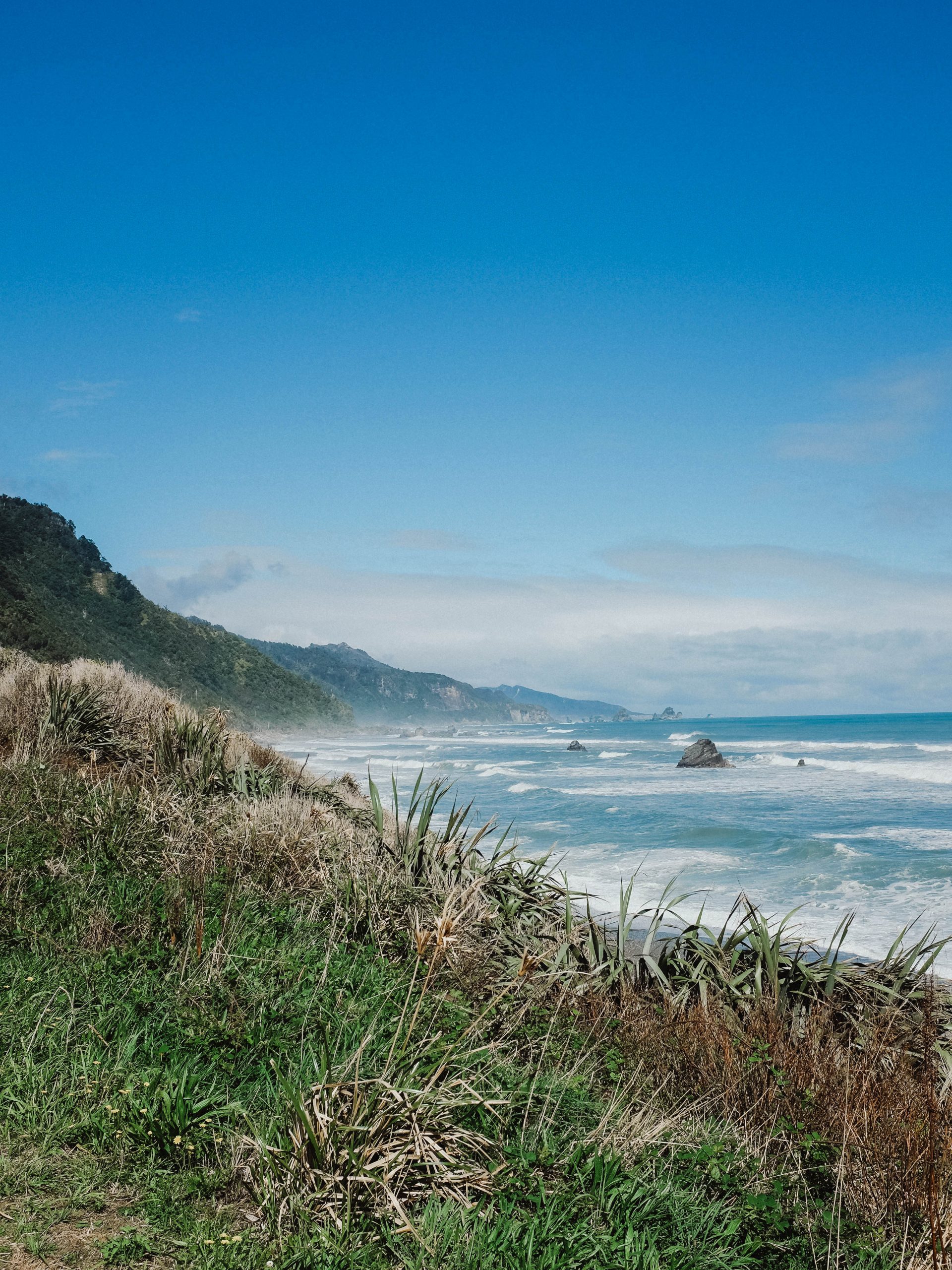
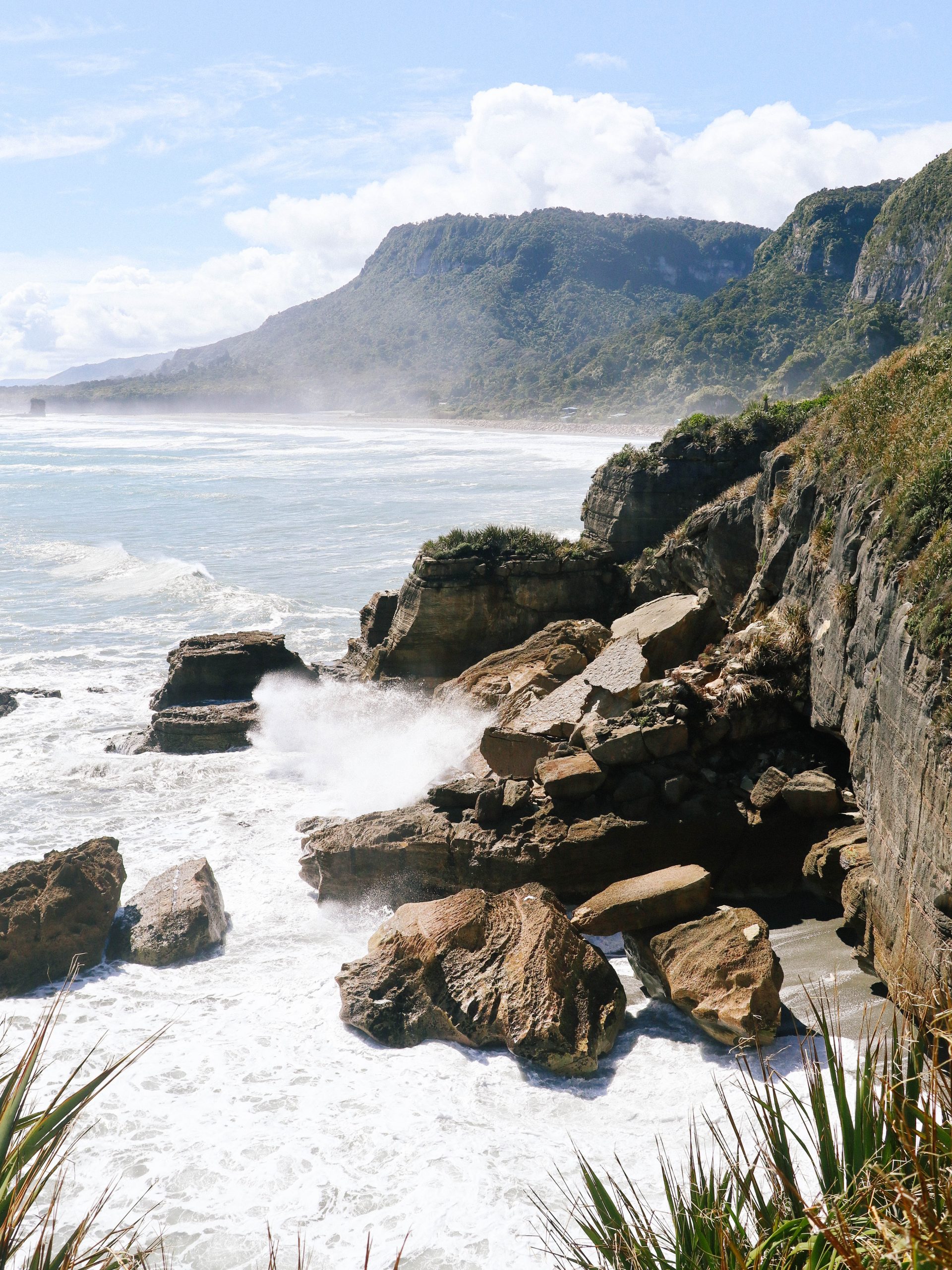
My mum (like most mums it seems!) absolutely hated getting her photo taken so I don’t have many of her, but these ones from our trips to New Zealand always make me so happy – especially the one of us eating ice cream! I wish we had taken more photos together, but by the time I realised she was unwell, she didn’t really look like herself anymore so it was hard to capture her as she was.
It took me until well over a year after my mum died before I could look through the box of memories I brought back from her home in New Zealand, and even then I precariously poked around only in the top layer, not overthinking what I might see or how I might feel. It took a lot of courage, but it was a small step forward that I genuinely thought may never come. I honestly imagined those boxes of memories would sit untouched for years to come, my heart never ready to unlock the reminders I’ve tried so hard to compartmentalise.
Sometimes I wonder if I’m processing grief at all, I seem to disappear inwards, never really accepting the reality of what’s in front of me. This only works when I’m prepared – when I know I’m about to look through a box of memories or an album of photos. Other times, when I suddenly uncover a photo of her, or see her handwriting in an old cookbook, that’s when grief makes an appearance, like an invisible fog wilting flowers and rotting fruit.
Other times, I question the point of physical memories at all. These artefacts that sit in boxes, often left untouched. It feels like their sole purpose is to unearth those feelings I’m usually trying my hardest to repress. Occasionally my heart will swell with joy from seeing a photo of my mum and us as kids, and maybe one day that will be normal, but until then all I feel is anguish. A subtle sense of sorrow that sits with me long after the memory box is locked away.
Last year, Jordan and I moved in to our new flat; we had lived in our old place for over six years and it was time for a change and a bit more space. We had spent almost a year doing up our new flat as a side project, and eventually (despite some big setbacks) it was ready to move in to.
On the day, as we packed up the van to relocate our entire life, I was consumed with emotion. I don’t usually feel sentimental or nostalgic, but once we had emptied our previous flat, our first proper home together, I sat on the floor of the empty living room and cried. Really, truly cried. I gulped down air as tears clouded my vision. It was a shock even for him, my husband, to see me so vulnerable and unguarded.
I tried to put my thoughts in to words, to form a sentence to sum up the way I was feeling in an attempt to help him understand what was circling in my head.
“This was the last home both our mothers saw us living in. After this, we move on and we’ll live somewhere that they’ll never see, they’ll never know the place we’ll call home after this. They won’t visit us there, we won’t be able to picture them sitting in our new living room, or sipping tea at our new kitchen table.” It was a strange, unexpected thing to get upset about – but it was something that stayed with me, hovering over me as we tried to navigate the intense and emotionally draining moving process.
Shortly after arriving home to Glasgow after my mum passed away, I felt the wave of grief finally take hold; I was home alone, and I allowed myself to truly give in to the indulgent vehemence of the emotions. I was in the bath at the time, I’m not sure if there’s something about water that makes you feel exposed or clear-headed, but I was floating in the warm water and something inside me stirred or maybe snapped, and I started to unravel. It was not unlike an epiphany, a sudden realisation that this was it.
Everything had been ticked off – my mum had died, her home was gone, her belongings either binned or boxed up, the funeral finished. Everyone around me who had been so full of condolences weeks before had slowly given me space, rightfully moving on with their lives.
I wasn’t sure what came next, how I was meant to feel, the route I was meant to take. Up until this point, my life followed an order; I had a purpose or a plan for every single day – even if it was just to help my dad move out of the house, drive to the tip, visit my grandmother, catch a flight.
Once home, I couldn’t remember what my life was like before my mum was gone. I didn’t know how to function from then on. For hours I let the tears fall, tumbling from my face and joining the bath water, my chest heaving and my throat ripped raw.
I’m not sure how long I sat there, held up by the now cold water, but it was long after the sun went down. It was my last solo, visceral reaction to the events of the last few years.
Six months after I got home from New Zealand, I had an online therapy session with a grief counsellor. I had never really considered therapy before, but I’d been feeling especially low and had been to the doctor in the hopes they could help to heal me. My counsellor asked what I was hoping to gain from talking to someone, and I explained that I had recently lost my mother and that I was struggling with both the loss and the guilt that came with it. I broke down, tears pooling in my eyes and the words catching in my throat. I was eight minutes into the hour-long session – what a cliché, I thought at the time. Grief counselling was like being cracked open. I’m not sure if I just wanted to fill the silence on the video call, but the events from the past few years left my mouth before I could stop myself. It was cathartic, telling this stranger everything I’d held back for so long – most of it I’d never even voiced before, not to myself, not to my husband. Afterwards, I felt drained and tender, I crawled into bed fully clothed and stayed there for hours trying to feel like myself again. Surely, this was as bad as it could get, a sort of rock bottom that could only improve from here? I only did a few sessions but that seemed to be enough, I have a sense of self-awareness that means I’m able to cut through the mess and mayhem of my inner monologue and make peace with my emotions, although I do think those sessions helped me unpick some of the feelings I was experiencing, especially the guilt. That session was almost a year ago and I have not cried since.
There is no route mapped out to follow when grieving, you feel what you feel when you feel it. I’ve learned to let the emotions come, I allow them to take up space inside my head and heart, and I find a way to continue on. I would say I live a happy life, I am content. I have a wonderful support network, a career I love and a family who support me. Of course, the edges are slightly blurred; there’s dark days, weeks, months. I do my best to take care of myself; I live well and I’m good to myself and others – life is too short to think unkind thoughts.
The first year was the hardest, and then suddenly you’re in to the next. Anniversaries and dates come round and sometimes you forget them – not the important ones, but the little ones. The last time you hugged goodbye, the final time you celebrated your birthday together.
My biggest lesson? Live a life they would want for you. I try to find joy everywhere I look – an important lesson while grieving during a pandemic. I go for long walks with my favourite playlists, I take afternoon baths if I want to. I read more, scroll less and I tell my friends I love them. I yell it out in the street as we part ways after a catch-up. I let my feelings show, something I never did before. I let myself be vulnerable, I reveal this new softer, unguarded side of myself and take pride in the way I can be strong and tender at once. A piece of me was lost when my mum died. I loved her with every cell in my body. The parts of myself I love the most come from her; she made me who I am and I will forever wonder what my life would have looked like if I had more time with her. She lived her life for me and my brothers, and now it’s time for me to do the same for her. I hope more than anything that she is proud of the person I have become, that’s all I can ask for.
To anyone grieving, there is some semblance of hope to be found in time – I am proof of that. Find a way to communicate your feelings, be honest with yourself and don’t be afraid to open up. Crying is cathartic, having hope will heal you. Time will soften the edges, allowing the fog to lift so you can find a sense of peace as you try to navigate the emotions that come with losing someone you loved.
I hope my words bring you comfort, whatever you’re going through.
All my love,
Kate xo.


